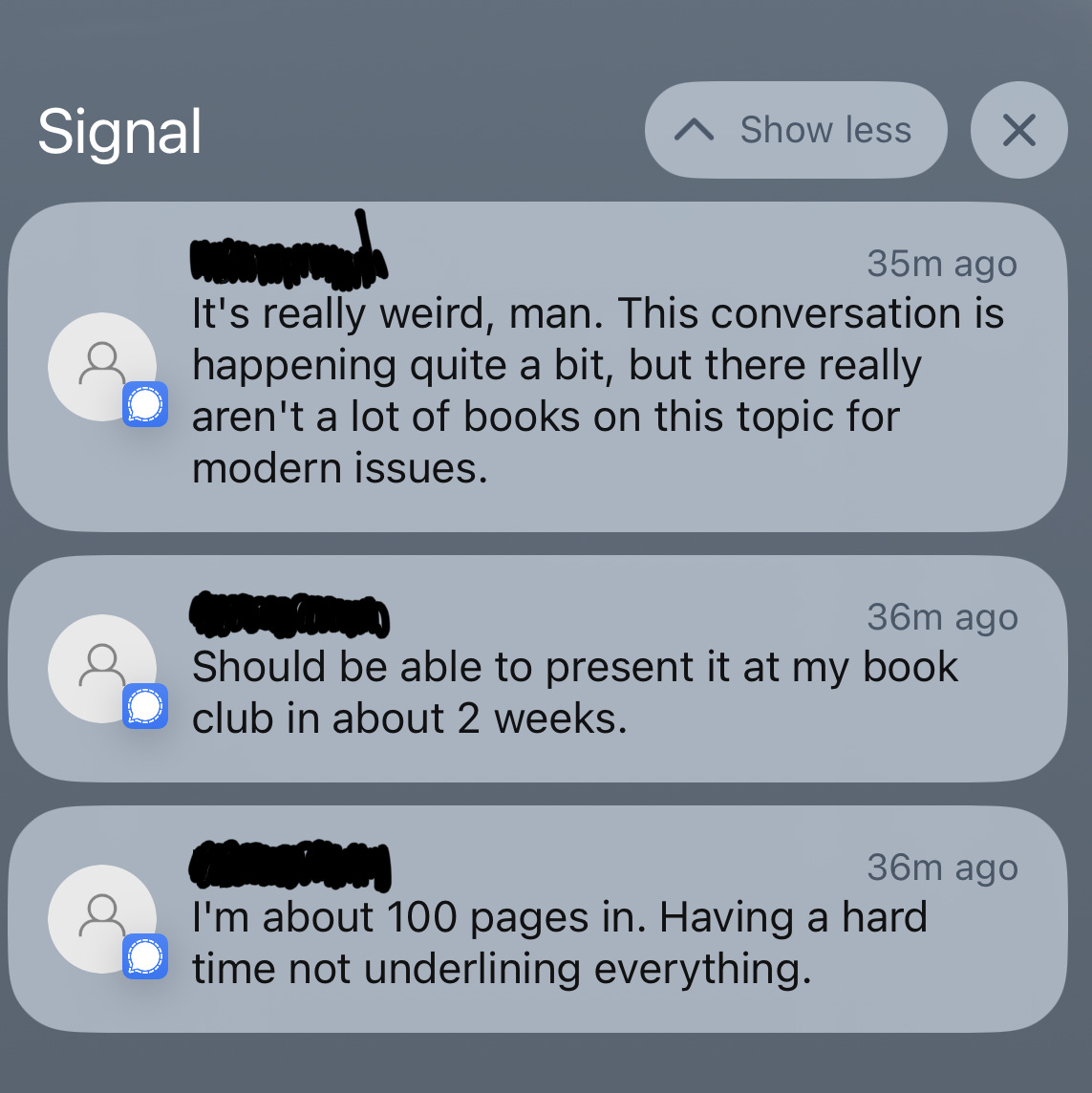The Sin of Flattery
How to detect insults disguised as praise
I'm convinced that flattery is one of the most common and harmful sins of the modern church. It's a wide open door for being manipulated because it preys on our desire for attention and approval. We can avoid it if we learn to define it and detect it with scripture.
Here’s how.
Flattery is lying. It's a form of dishonest praise. People try to curry favor with others with compliments or saying nice things. But watch out, because they want something. They are not your friend.
Prov 29:5: “A man who flatters his neighbor spreads a net for his feet.”
Psalm 5:9: “For there is no truth in their mouth; their inmost self is destruction; their throat is an open grave; they flatter with their tongue.”
Flattery conceals hatred. In other words, flatterers may be scoffers in disguise. I've seen this personally. People who heap up praise when I first meet them often end up becoming my harshest critics. I've learned to ignore both.
Prov 26:24: “Whoever hates disguises himself with his lips and harbors deceit in his heart; when he speaks graciously, believe him not.”
Prov 26:28: “A lying tongue hates its victims, and a flattering mouth works ruin.”
Flattery is divisive. It is directed towards a favored person or class of people. The people with the most power are the ones who are most flattered. This is the sin of partiality.
Job 32:31: “I will not show partiality to any man or use flattery toward any person.”
Flattery kills evangelism. Flattery is at the heart of the “winsome” evangelism model. They court unbelievers with flattery, trying to persuade them by overlooking their sins and praising their virtues. It's dishonest and it robs the gospel of its power.
1 Thes 2:5: “For we never came with words of flattery, as you know, nor with a pretext for greed—God is witness.”
Flattery preys on insecurity. Insecure people crave attention and approval so they'll gladly believe whatever positive thing someone says to them. And they'll do anything that is asked of them to continue receiving this praise. This makes them an easy target for flattery.
Insecure pastors are especially vulnerable. Pastors receive a lot of criticism, so they will naturally be drawn to flatters who shower them with approval. But flatterers are liars with their own agenda. They can bring down entire churches.
Dan 11:21: “In his place shall arise a contemptible person to whom royal majesty has not been given. He shall come in without warning and obtain the kingdom by flatteries.”
The evil man referenced in the Daniel text above is the famous “abomination of desolation.” His chief weapon was flattery.
Dan 11:32: “He shall seduce with flattery those who violate the covenant, but the people who know their God shall stand firm and take action.”
Flatterers are nice guys. They seem so harmless. That's how they get away with it. Modern Christians think niceness is the chief virtue, so no one wants to call them out for it.
The “tell” for nice-guy flatterers is “smooth talk.” They manipulate words to make people feel good.
Rom 16:17-18 says, “watch out for those who cause divisions & create obstacles contrary to the doctrine that you have been taught; avoid them. For such persons do not serve our Lord Christ, but their own appetites, & by smooth talk & flattery they deceive the hearts of the naive.”
This text above is worthy of sustained reflection. “Smooth talk and flattery” are signs of division, deception, and obstacles to sound doctrine. Those who use these tactics do not serve the Lord Christ but their own appetites.
In other words, nice guys are the worst.
Flatterers think they are being encouraging, but discerning people can see through it. Better to just speak plainly and let the chips fall where they may.
Prov 28:23: “Whoever rebukes a man will afterward find more favor than he who flatters with his tongue.”
All this makes flatterers hard to detect. There are many flatterers in the ministry today, who believe their flattering ways are more Christlike. Whenever a pastor tries to speak plainly about a difficult issue, the flatterers all sing in unison, “that's not the way of Jesus!”
We can even flatter ourselves. If you do not fear God and love your sin, the voice in your head will be a fine-sounding, smooth talking nice guy who will flatter you with reassuring words that keep you comfortable in your disobedience.
Psalm 36:1-2: “Transgression speaks to the wicked deep in his heart; there is no fear of God before his eyes. For he flatters himself in his own eyes that his iniquity cannot be found out and hated.”
God hates flattery.
Ps 12:3-4: “May the LORD cut off all flattering lips, the tongue that makes great boasts, those who say, ‘With our tongue we will prevail, our lips are with us; who is master over us?’”
Christian, watch out for flattering lips that will speak sweet lies in your ear. God has equipped us by his word and Spirit to discern flattery and resist it.
As Daniel 11 says, “the people who know their God shall stand firm and take action.”
Postscript: My friend Michael Foster sent me a link to a post he wrote about flattery also.
Saint Augustine On Flattery
Saint Augustine once said, “sometimes hatred is flattery and charity is angry.” How often do we hear the opposite today? We should read dead people more. They don’t have our blind spots. HT: James Wood (from a comment on Twitter).
Some Friendly Advice I Recently Gave to Young Leaders on Twitter
I interact with a lot of young pastors and Christian leaders on Twitter. I love these men and their zeal for the Lord. I use Twitter as a tool to promote ideas I care about, defend those ideas from error, and connect with other leaders who are doing the same.
The strength of Twitter (brevity) is also its weakness. Leaders easily misunderstand each other, leading to online dustups and controversies, which cause camps and tribes to form around loyalty to prominent personalities. Having watched this play out with these leaders, I wrote some friendly advice to whomever would hear and give it consideration.
A word of friendly advice to young Christian leaders on Twitter:
* Don’t take many dogmatic stances on fringe issues before you’re at least 30 years old
* Don’t align yourself exclusively within personality driven, narrow theological tribes
It’s tempting to do these things because you want to be noticed and respected as a leader. And the quickest route to getting attention is tweeting dogmatic hot-takes on controversial issues. But you may come to regret it later.
If you build a brand on your youthful, immature, half-baked hot takes, you may intellectually box yourself into a corner you can’t easily get out of. In other words, you’ll either stubbornly dig in your heels to save face or have to reinvent yourself and seem like an unstable hypocrite.
A better way is to give time to let your theological commitments develop in the context of a local ministry. Work through your desire for approval and fear of man with trusted brothers who know you in real life. Then you’ll have more value to add online.
Personally, I wouldn’t trust myself to say anything publicly on a disputed matter before I turned 30. Scratch that - before I turned 40.
I thank God I didn’t have Twitter in my 20s. I’d have to retract just about everything I would have said! At that time, I wanted to be noticed and respected. But the Lord mercifully let me make my biggest mistakes in my local context, not under the harsh scrutiny of Twitter mobs.
I’m 48 years old now and am just now entering into a more public phase of my ministry. I don’t know where it will lead. God knows. In some ways, I’m more bold and plain spoken than ever before. In other ways, I’m more reserved. I pick a few battles that are worth fighting, but I can’t fight every one. One thing is certain: I couldn’t have handled the pressure of a Twitterized ministry 15-20 years ago.
The bottom line: be patient and give it time. If the Lord has truly called you to have a public ministry, He will open the right doors at the right time.
Social Media Roundup
This is a summary of the argument I make in the introduction to book, “God’s Good Design.” The point is that these ideas are connected. The body-denying logic of gnosticism led to feminism, which demanded contraception/abortion, which redefined the purpose of marriage and sex, which was enshrined in the Obergefell decision, the basic logic of which is reflected in the Transgender movement. I know, that’s a long, run-on sentence. Pick up the book and it’ll make more sense.
Two Podcast Appearances
I had the privilege to talk about my book, “God’s Good Design,” on two different podcasts recently. I’ve got more appearances I’m lining up in the coming weeks. If you host a podcast and would like me to join you as a guest, please let me know!
Hard Men Podcast with Eric Conn
Other formats available here.
Full Proof Theology Podcast with Chase Davis
Other formats for Full Proof Theology available here.
What People are Saying about God’s Good Design
If you’ve read the book and haven’t left a review yet, please give it a review on Amazon!
While writing my book, I didn’t know how people would react to it. Would it be helpful? Confusing? Boring? Of course, I really wanted it to be a helpful resource to everyone. So this feedback sent to me by personal correspondence meant a lot. (He’s not someone I’ve met in real life, but a man I’ve gotten to know through an online chat group.)







